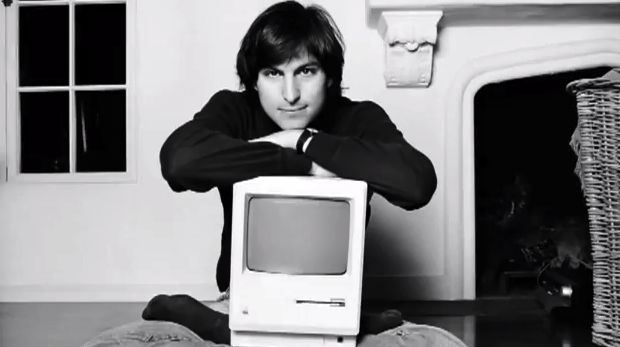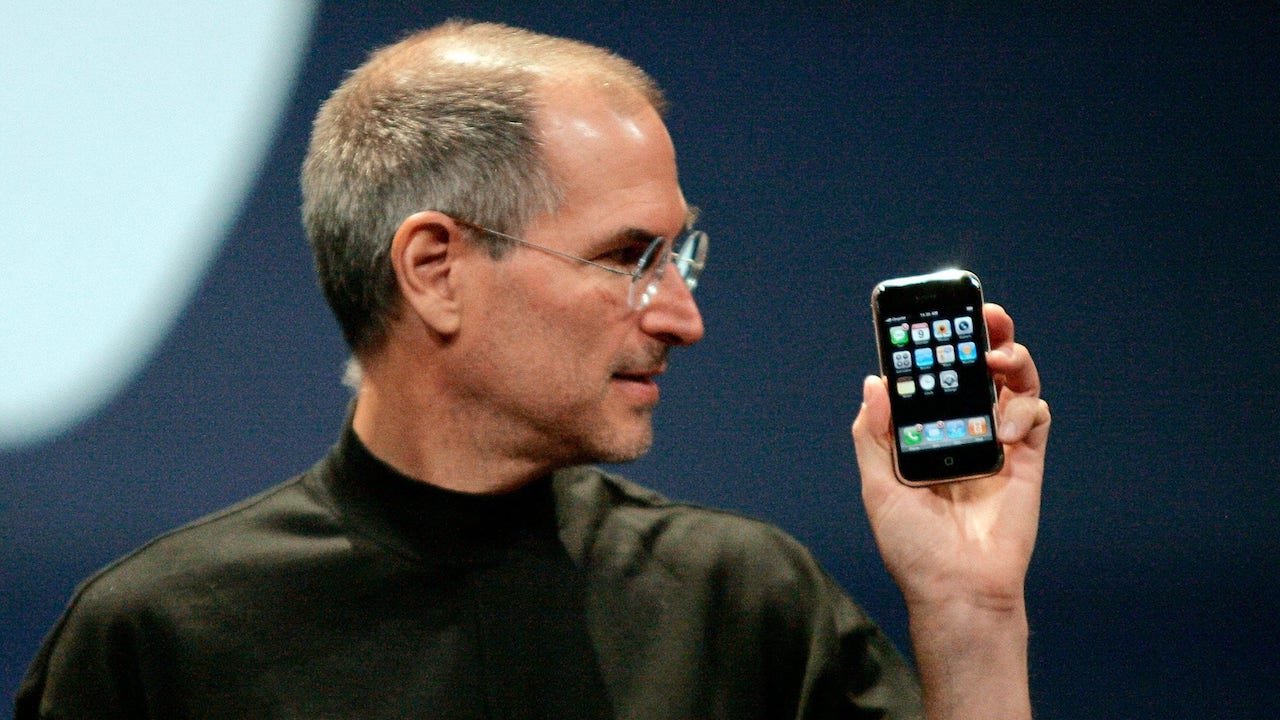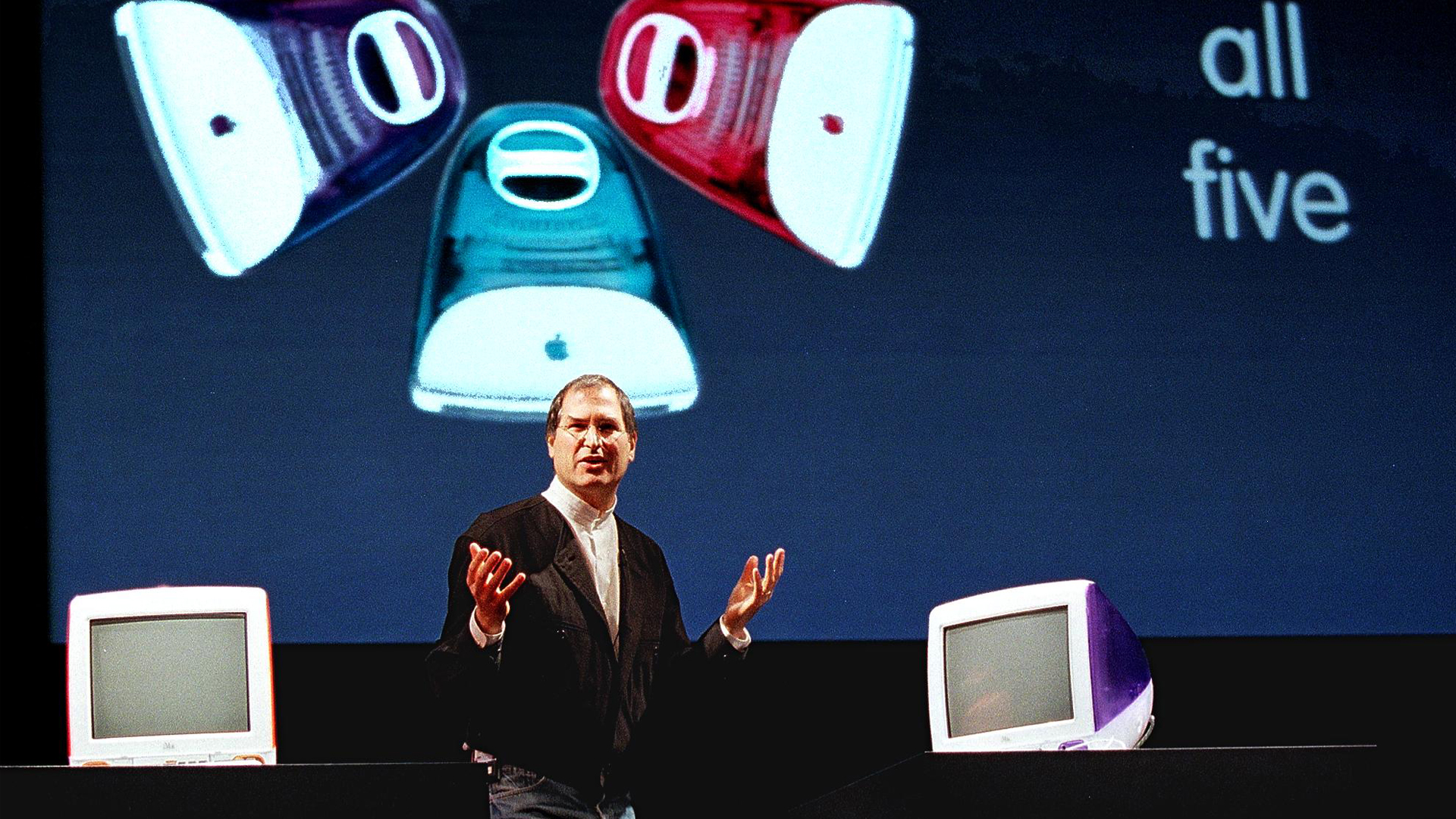40 years ago, Steve Jobs was fired from Apple – but it made Macs better than ever
How getting kicked out of Apple changed everything

“It turned out that getting fired from Apple was the best thing that could have ever happened to me.”
You wouldn’t expect to hear that from Steve Jobs, a man famous for his short temper and strong opinions. Yet as it turns out, being removed from his own company transformed Jobs, helping him grow into the creative force that, years later, would spawn world-changing products like the iPhone, the iPod, and the best Macs and MacBooks.
His ouster went down 40 years ago in 1985, and it’s worth looking back on what happened at that time and how it changed Jobs – and Apple, and perhaps even the wider computing world – for the better.
Far from being the end of the road for Jobs, this was just the beginning. After leaving Apple, he founded another computer company, NeXT, and later took the helm at Pixar. Under his watch, it became the foremost animation studio on the planet. In his absence, Apple lost its way, churning out uninspired products and coming within a hair’s breadth of going bankrupt.
Twelve years later, Jobs returned to Apple and led it to one of the most dazzlingly potent periods in its history. Yet that likely would never have happened had Jobs not been very publicly fired from his own company. Here, I want to show you why.
Showdown at Apple

By the mid-1980s, Steve Jobs was running the Macintosh division at Apple, taking the lead on a product that would go on to change the world of computing forever.
At the same time, Apple was searching for a new CEO, and Jobs thought he had found one in the form of Pepsi marketing chief John Sculley. After luring Sculley in with his famous powers of persuasion (“Do you want to spend the rest of your life selling sugared water, or do you want a chance to change the world?” Jobs asked him), the new hire was on board.
Sign up for breaking news, reviews, opinion, top tech deals, and more.
But after a year-long honeymoon period, cracks began to appear. Jobs felt Sculley was not a 'product person' and simply didn't get his way of thinking. For Sculley, Jobs was too obsessive and obnoxious.
The showdown came in 1985, when disappointing sales of the Macintosh and Jobs’s chaotic management style led to questions over his leadership abilities. Although it was suggested that Jobs could run a small “skunkworks” team developing exciting new moonshot devices, Jobs rejected the idea, leading Sculley to conclude that he had to be forced out of the company.
Eventually, Sculley convinced the board to remove Jobs from his role as head of the Macintosh division, a plan that was executed over a few days in May 1985.
Jobs was given the symbolic role of Chairman of the Board, but it was a position with no actual power and influence inside Apple. He had been trapped inside the airlock, unable to influence the company or the direction it took. Jobs recognized this, and in September 1985, he left to form his own computing company called, fittingly enough, NeXT.
He was 30 years old and exiled from the successful company he had founded ten years earlier. For many people, it would be a chance to leave the industry and never look back. But for Jobs, it was the beginning of a learning process that brought him back stronger than ever.
Finding focus

Jobs (unsurprisingly) took his firing very personally, feeling that he was both a personal failure and that he had let down those around him. Yet this didn't stop him from leading companies and getting hands-on with their operations.
At first, he exhibited some of his worst habits at NeXT. Released from the strictures of a board and CEO that didn’t look kindly on his antics, he indulged his taste for perfectionism at every turn, regardless of the cost or time implications.
As such, NeXT struggled to put out a competitive product on time and under budget. After a few years of little progress, it exited the hardware world altogether, instead focusing entirely on software. This would later prove to be a fortuitous decision.
But it was at Pixar that he truly turned things around. After becoming CEO, he took a more hands-off approach and focused on funding and dealing with Disney, with which Pixar had partnered to make films. Pixar was led by a team of artists and creatives – a class of people who Jobs truly admired – and he was happy to let them do their thing.
Pixar became the most important animation studio in the world, with a string of hits like Toy Story, Monsters Inc., and A Bug’s Life. Jobs could marry technology with art – the thing he believed he was doing at Apple, and an idea that would define how he worked later in his life. Jobs had found a way to be focused, creative, and productive without imploding.
The value of being fired

In the late 1990s, Sculley was gone and Apple was nearly bankrupt, but it had enough cash to buy NeXT and bring Jobs back on board, first as interim CEO, then as CEO in a full-time capacity. NeXT’s operating system – now part of Apple’s stable – went on to become the foundation of what we now know as macOS.
When Jobs returned to Apple, he was a changed man. Under his renewed leadership, the company went on an incredible creative tear: the iPhone, iMac, iPod, iTunes, and much more were produced under his watch. He not only brought Apple back from the dead, but made it one of the strongest – and hippest – tech companies in the business.
Yet Jobs believed that none of this could have happened if he had not been fired from Apple. As he said in the commencement address he gave at Stanford University in 2005, years after being ousted from his own company, “The heaviness of being successful was replaced by the lightness of being a beginner again, less sure about everything. It freed me to enter one of the most creative periods of my life.”
Perhaps the most important aspect was that Jobs realized he still loved what he was doing. “Your work is going to fill a large part of your life,” he said, “and the only way to be truly satisfied is to do what you believe is great work. And the only way to do great work is to love what you do.”
For Jobs, it took being fired from Apple to realize that. But things could have been very different if it had never happened at all.
You might also like

Alex Blake has been fooling around with computers since the early 1990s, and since that time he's learned a thing or two about tech. No more than two things, though. That's all his brain can hold. As well as TechRadar, Alex writes for iMore, Digital Trends and Creative Bloq, among others. He was previously commissioning editor at MacFormat magazine. That means he mostly covers the world of Apple and its latest products, but also Windows, computer peripherals, mobile apps, and much more beyond. When not writing, you can find him hiking the English countryside and gaming on his PC.
You must confirm your public display name before commenting
Please logout and then login again, you will then be prompted to enter your display name.